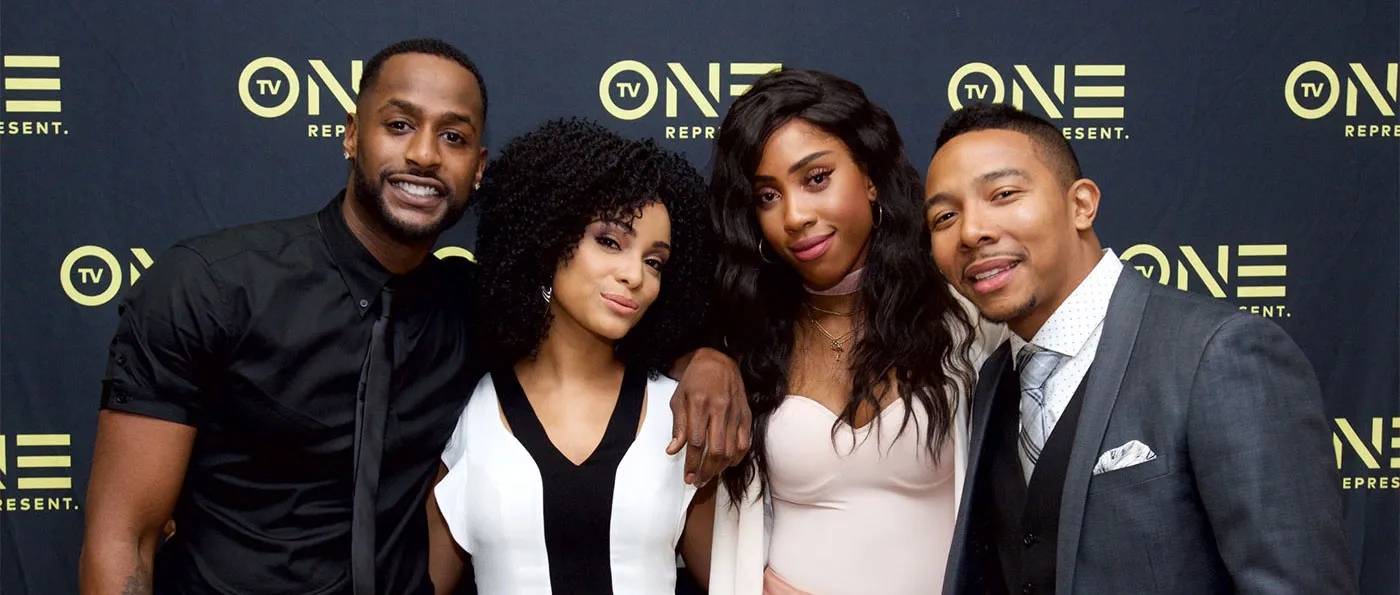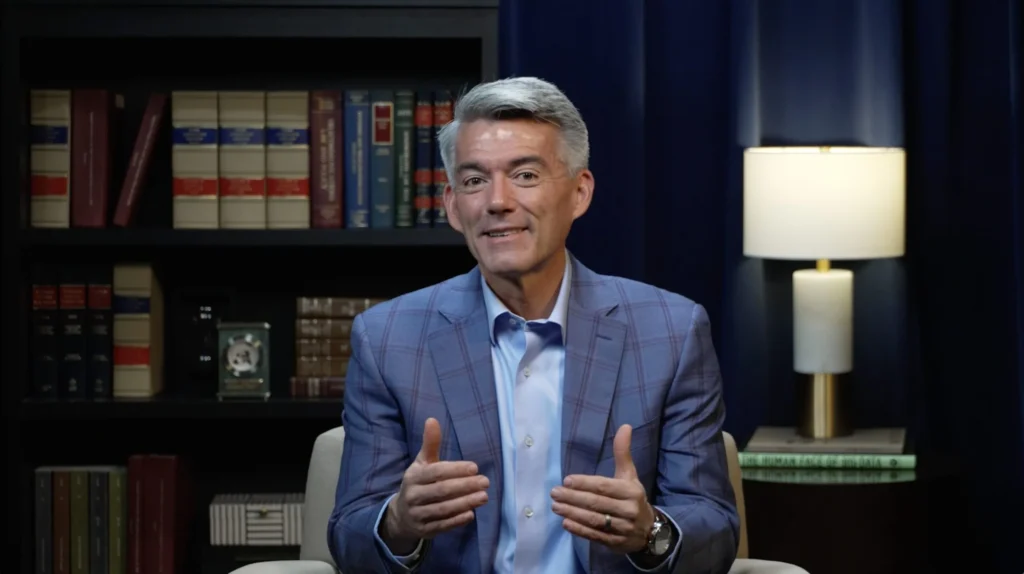When D’Angela Proctor was introduced to Alfred Liggins, CEO of Radio One, he wanted to know what she would do if she could change TV One, the network owned by Radio One and which Liggins launched in 2004. So she put together a deck where she detailed how the network would benefit by producing original films and capitalizing on already working franchises. Since then, Proctor has been TV One’s senior vice president of original programming and production for the past three years, and has pretty much been able to accomplish all of that.
TV One produces and airs an array of shows, documentaries, news and movies that “show a broad range of the black experience,” Proctor explained at the TCA Tour in Los Angeles earlier this week.
As an African-American woman, Proctor shared that she started her career by going to law school instead of film school because she “had no idea that TV and filmmaking were accessible to me.” But her desire to enter the business eventually persevered. She went into the music business first because, in her opinion, she saw more successful examples of African-Americans going that route, and that eventually led her to TV programming. And she’s been trying to break the mold for minorities at the executive level and in programming ever since.
Check out our Q & A below to hear more of her take on TV One’s role in the television world, and how the network is changing the entertainment landscape for African-Americans.
What has been your vision for TV One since first taking on your role?
My thought process is always to dig deeper and to scratch underneath the surface of the black experience, and to talk about things that other people aren’t talking about. Which is why we did a movie on mental illness, called The Secret She Kept [the premiere was screened at NCTA this past June]. We go into areas like the movies Ringside and Media do by talking about the complexities of family, and we want to make sure we show black people with multiple layers and in different lights throughout our programming.
How is TV One different than other networks that produce programming for African-American audiences?
I must say there are a lot of people who are getting it right. To say we are the only ones doing it this way would be disingenuous. But I can tell you we endeavor to tell really great stories. And because we are not fully distributed, we make content for a price. Story and quality come first, but of course everyone does that. We also want to elevate new voices, and give opportunities to storytellers that might not have opportunities at other places, but that doesn’t mean they are any less talented than anyone else.
Do you have an example of someone who was afforded that kind of opportunity?
Take Christine Swanson [Swanson is a filmmaker who directed For the Love of Ruth, which made its debut on TV One earlier this year and won an NAACP Image Award for Outstanding Directing, and the upcoming Love Under New Management: The Miki Howard Story]. Swanson had stopped working for 10 years, became a full-time mom. But I called her up because I remembered meeting her at a film festival in the ’90s, and asked her to work with us. So we do provide opportunities for lots of storytellers. I think we are unique in that way. We give people opportunities and they may not have a vast resume, but we go by the following: Can they tell a good story? Are they creative beings? And are they good to work with?
What do you hope to accomplish at TV One in the next five years?
We have to quadruple the amount of original hours. We have to wean ourselves off of the acquired programs and live on our original content five years from now.
How is TV One leaving its mark in the industry?
I’ll tell you, the main point of differentiation for us, is there is no other network that has a black daily news program like we do. We have NewsOne Now, and it is the highest rated cable news program for African-American adults ages 25-54. And when the Democratic National Committee wanted to do a town hall with Hillary Clinton and Bernie Sanders, Roland Martin was the co-host [Roland Martin is a commentator for TV One and the host of NewsOne Now]. We simulcast between CNN and TV One. There’s no other network that could have been in that position to do that. As a result of that, BET got Mark Lamont Hill and Melissa Harris Perry [BET news correspondents]. It’s because we’re making noise and news.
I also believe that a rising tide lifts all boats. So competition is good. I watch this speech all the time that reminds me of this, it’s a TED Talk by Malcolm Gladwell about spaghetti sauce. Years ago there was only one type of spaghetti sauce. Then Prego and Ragu and others started coming and they started messing around with chunks of tomatoes and adding mushrooms and garlic. Now you go into the grocery store and there is an aisle full of tomato sauce. There is room for everybody. So we are tomato sauce!
Photo above of TV One’s Ringside cast at the TCA 2016 Summer Tour.








